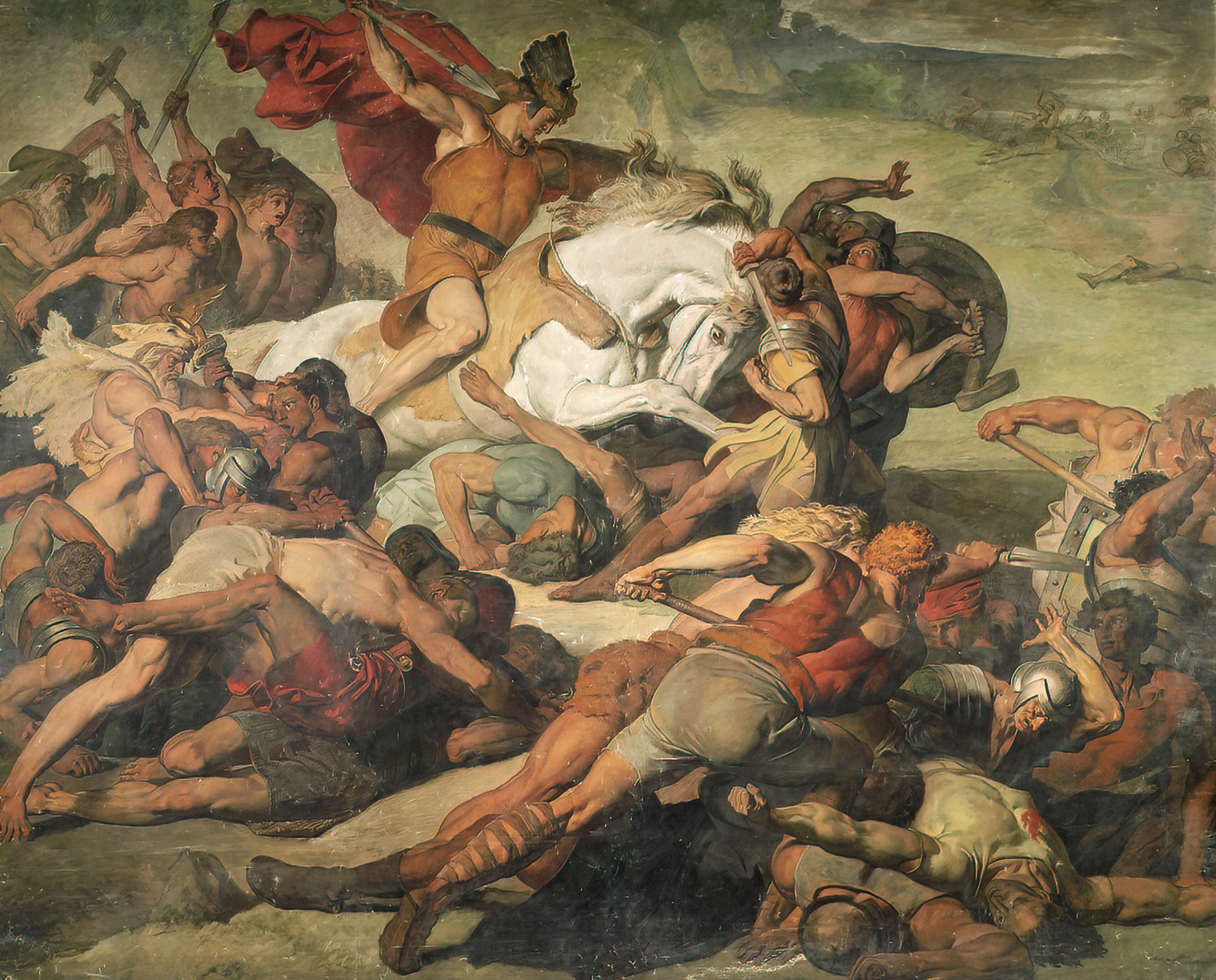


Medved, Berlinski Take on Steven Pinker and Whig History
On this ID the Future, Human Nature author and polymath David Berlinski and radio host Michael Medved discuss everything from human depravity, the burning of Notre Dame, and the Russian invasion of Ukraine to the Big Bang and a quixotic century-old pact to ban war. Berlinski argues that the case for the death of God and the case for the impending demise of human depravity have been greatly exaggerated. Contra Steven Pinker, Berlinski insists that there is little if any evidence that human evil is being steadily rolled back by the spread of secular values. Further, the idea that science has disproven God flies in the face of trends running in the opposite direction, perhaps most dramatically in the triumph of the Big Bang theory over an eternal universe model. Berlinski, who himself is not religious, insists that Whig history is bankrupt and that anyone imagining that human depravity and the God hypothesis are things of the past are themselves living in the past. Today’s recording is reproduced here by permission of Michael Medved and The Michael Medved Show.
David Berlinski on His New Book, Human Nature, Pt. 2
On this episode of ID the Future, mathematician, polymath, and Discovery Institute Senior Fellow David Berlinski concludes a two-part conversation with Jonathan Witt about Berlinski’s new book Human Nature. Today he talks about what we’ve sadly lost from the West, disputing secularists’ optimistic claims that we’re less violent than the medievals were. From his home next door to Notre Dame Cathedral, he also muses on the cathedral fire and contemporary France’s inability to build anything like the great cathedral. Re-construct, yes — though even that may lie beyond the collective will of France. Create, no.
Read More ›
David Berlinski: Is Human Nature Improving? Pt. 2
On this episode of ID the Future, Dr. David Berlinski continues his conversation with Casey Luskin as they examine Steven Pinker’s claim that humanity is becoming less violent. Listen in as Berlinski and Luskin discuss war trends and crime rates and consider the question: are humans fundamentally good or evil?